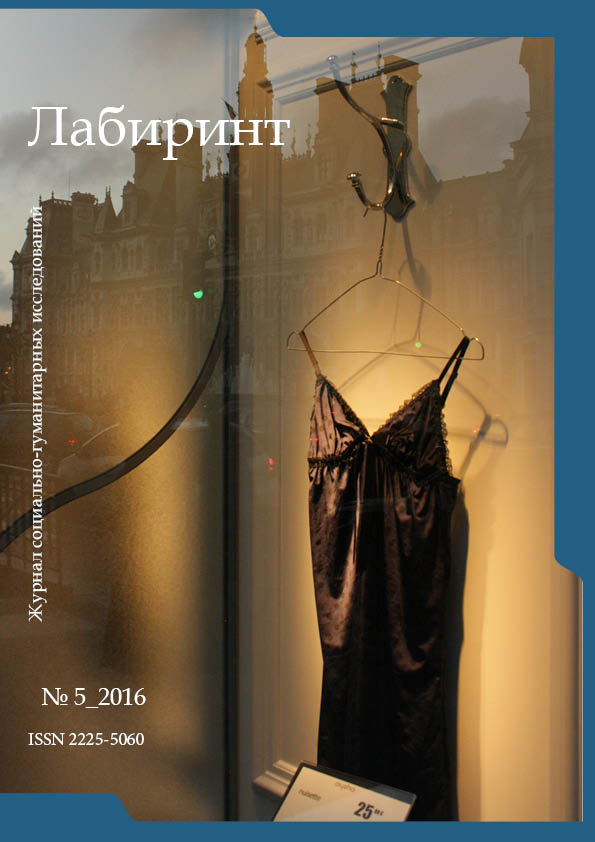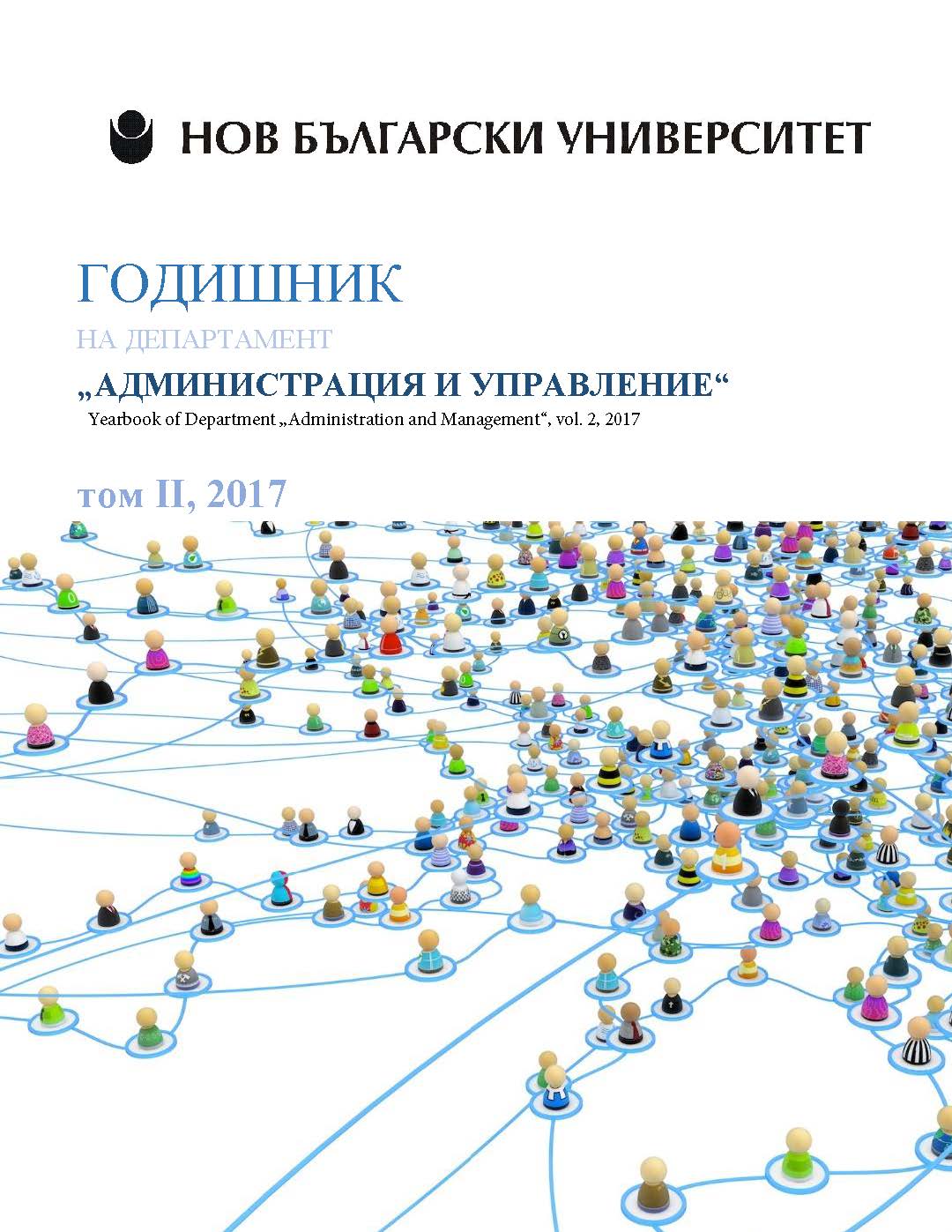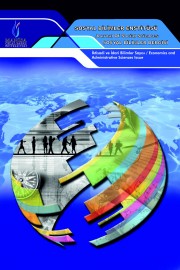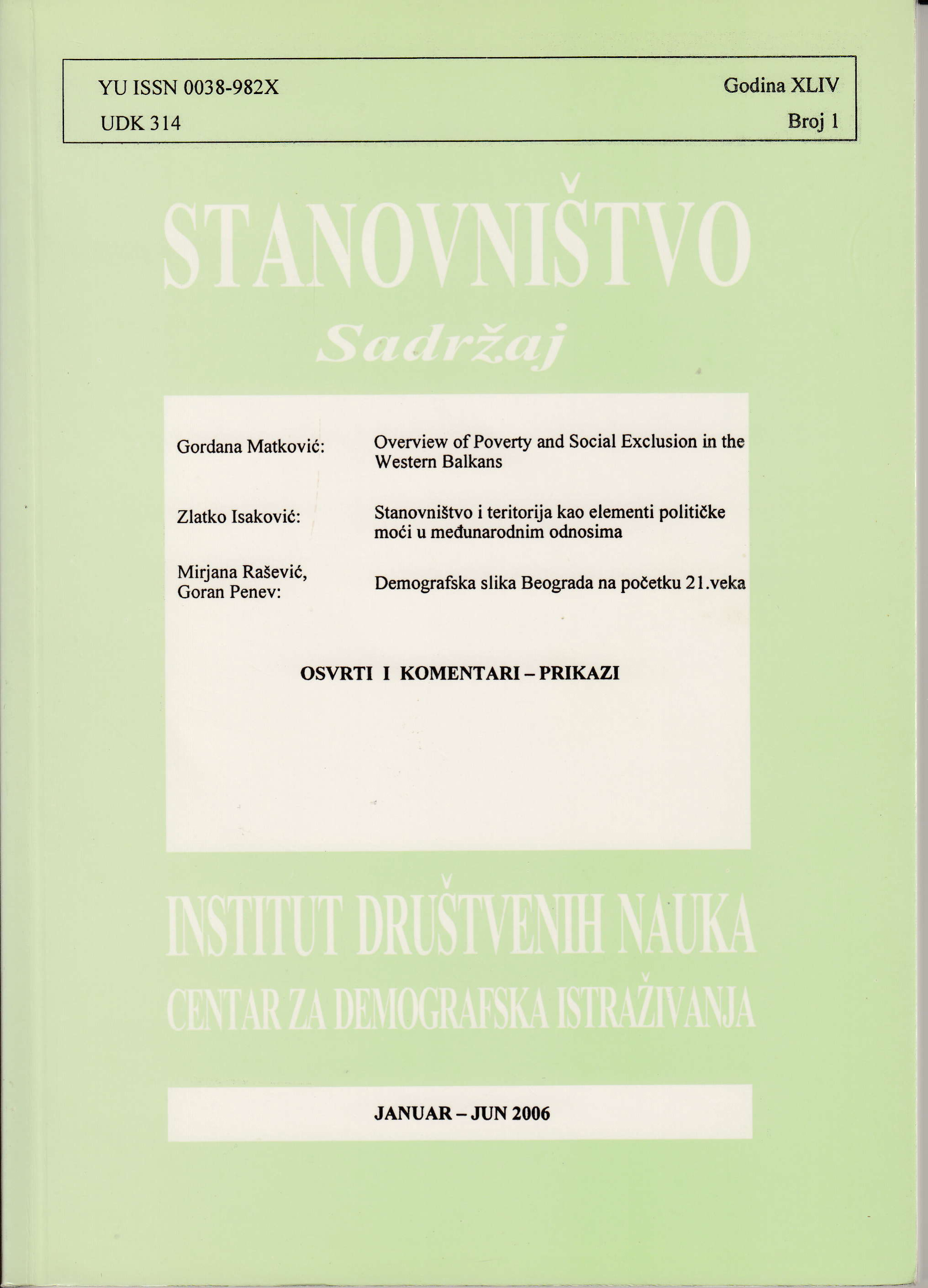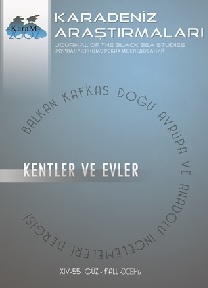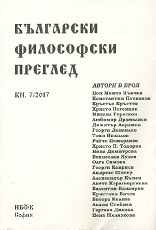
Критика на демократичните принципи от епистократична гледна точка
In the last decades, much of the theoretical effort related to democracy (viz. various theories of participatory and deliberative democracy) was put into exploring the possibilities for its expansion and deepening. At present, this tendency is being intercepted by the appearance of theories with the exact opposite attitude towards political order – theories about the priority of epictocratic government that are keenly critical towards the principles and practices of democracy even in the shape of liberal representative democracy. This paper aims at reviewing and evaluating epistocratic objections (mainly in the theory of Jason Brennan) against the principal philosophical and political arguments in favour of democracy, as well as the arguments in favour of epistocracy as a form of government. The first part deals with epistocratic theory challenging the equal political rights of citizens, especially the voting right (passive and active), and with the question whether political inequality violates the principle of justice. In the second part, epistocratic refutations of various types of arguments in favour of democracy are laid bare and critically assessed. The third part is dedicated to justifying epistocracy as a political order superior to democracy. The conclusion is that despite some of its reasonable objections against the participatory and deliberative theories of democracy, epistocratic theory has to put much more effort in order to shatter the philosophical and political foundations of liberal representative democracy – an effort particularly in the direction of developing an adequate social theory capable of explaining the crisis of contemporary democracy.
More...
